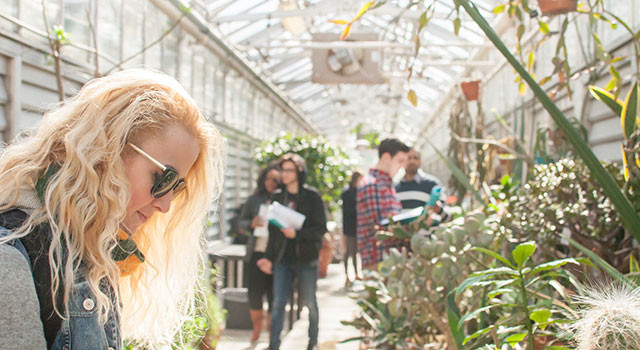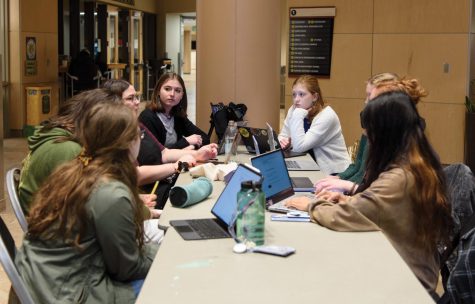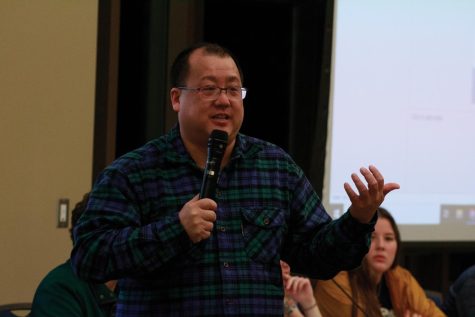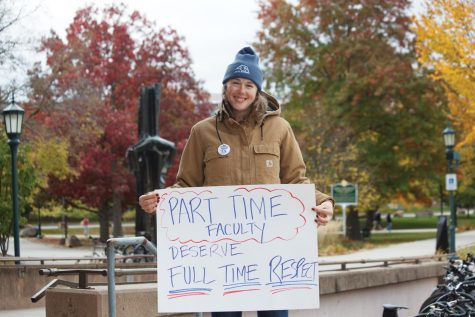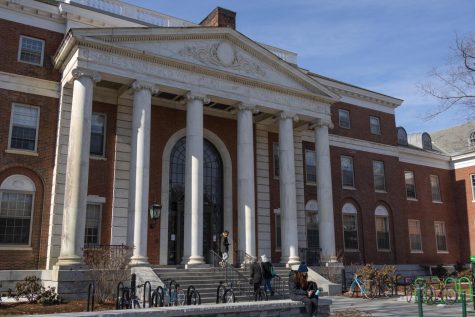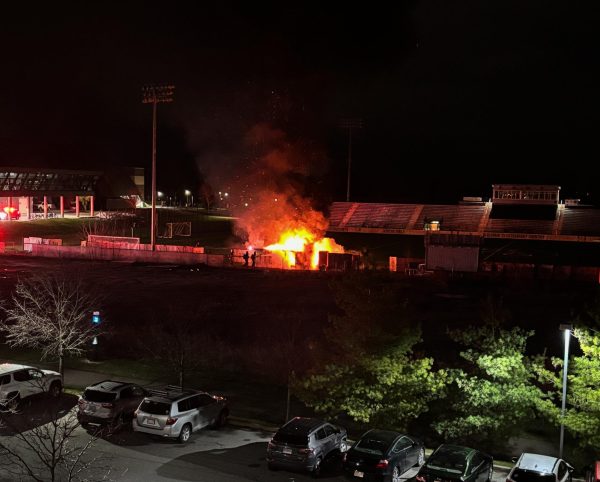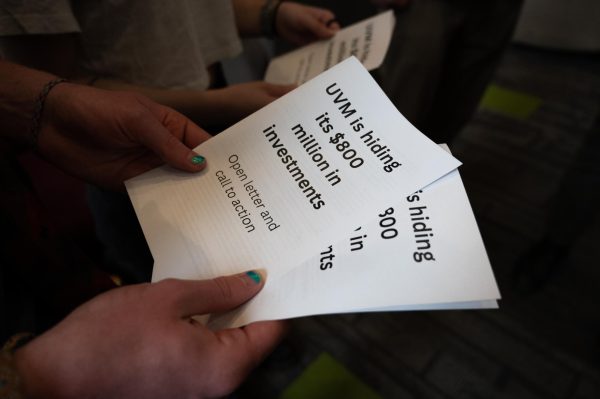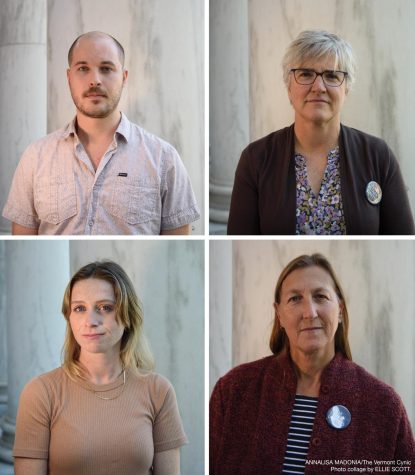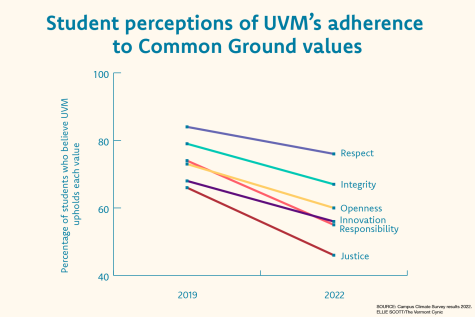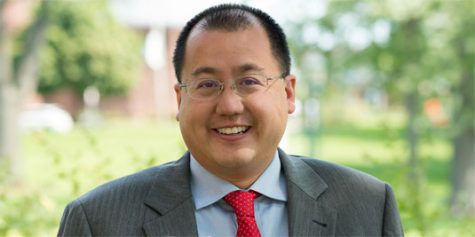CALS faculty receive two grants from USDA
UVM faculty in the College of Agriculture and Life Sciences recently received two $500,000 grants from the United States Department of Agriculture to fund two separate research projects, according to University Communications.
One of the grants went to assistant professor Shoshanah Inwood from the department of community development and applied economics. Inwood said she wrote the grant last year after putting together a team of researchers from across the country.
Inwood and other research partners conducted a national survey about the biggest long – term issues farmers faced. They concluded that it was the cost of health insurance, Inwood said.
The goals of the four-year research project include understanding how farmers are affected by health care policy and how farmers’ decisions to grow and expand their businesses affect workforce vitality, development and security regarding food and agriculture state by state, Inwood said.
“Health insurance is a really important part of workforce development and job quality rate,” she said. “If we want to have development through food and agriculture, we have to think about this.”
“I’m really interested in the health care research project, and I think it’s something that’s really important,” sophomore Katelyn Roberts said.
The second $500,000 USDA grant went to a UVM team led by Jason Parker, assistant professor in the department of plant and soil science.
This three-year project focuses on the issue of food safety for small- and medium-sized farms in New England, which encompasses about 95 percent of all farms, Parker said.
The Food Safety Modernization Act, passed in 2011, sets food safety regulations appropriate for large scale farms, but many smaller farms are potentially exempt from the law, according to a March 3 University Communications article.
If small farms want to sell to larger groups, they have to follow some type of food safety regulation, Parker said.
Parker said the law is a potential barrier for small farms.
He said that the goal of the project was to increase farmers’ knowledge of food safety and to adopt “good agricultural practices” differing with the size of the farm in the hope of improving their economic stability.
“Part of being a good leader is listening, not talking,” Parker said, explaining how part of the research included talking to both farmers and food safety experts to understand how they perceive food safety.
“I feel like there’s probably different research that could help more, like better farming techniques,” junior Samantha Rogers said.


